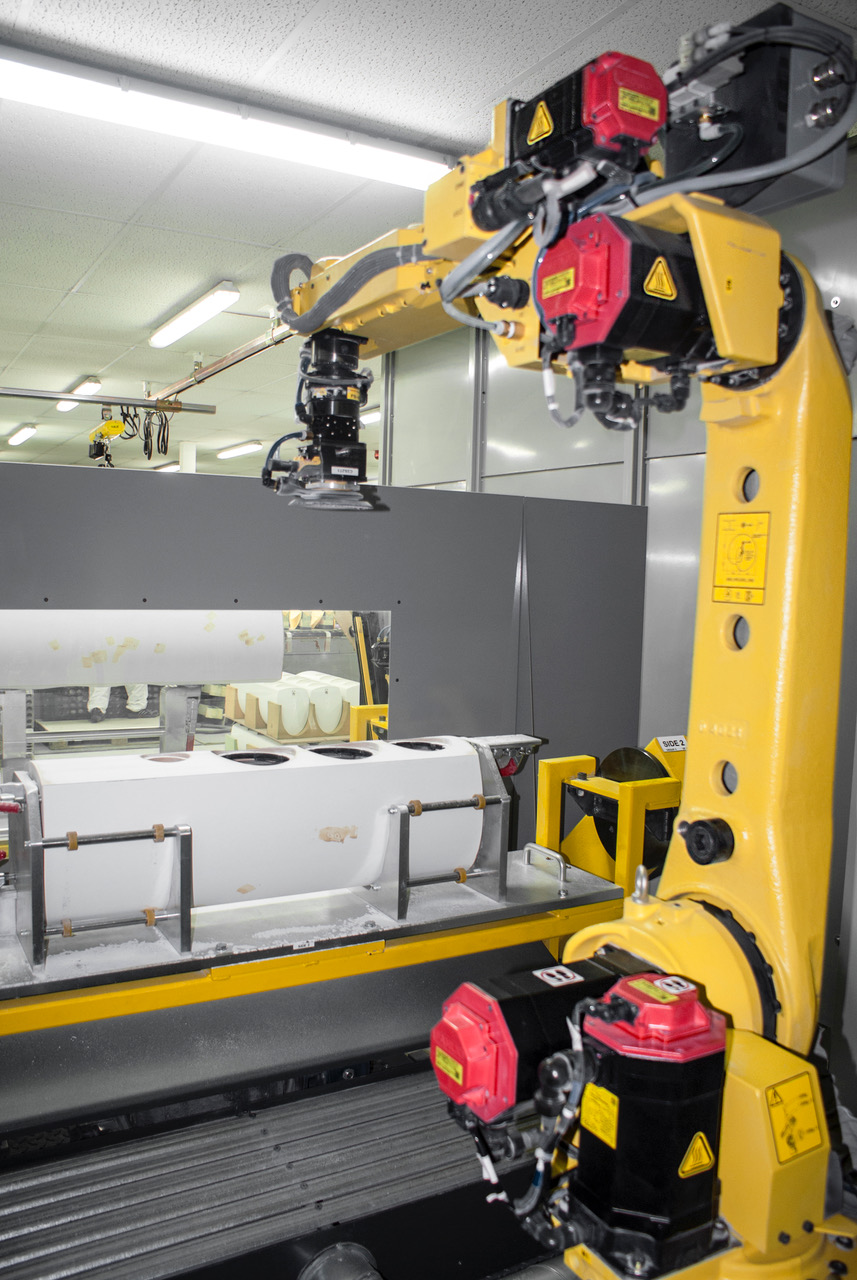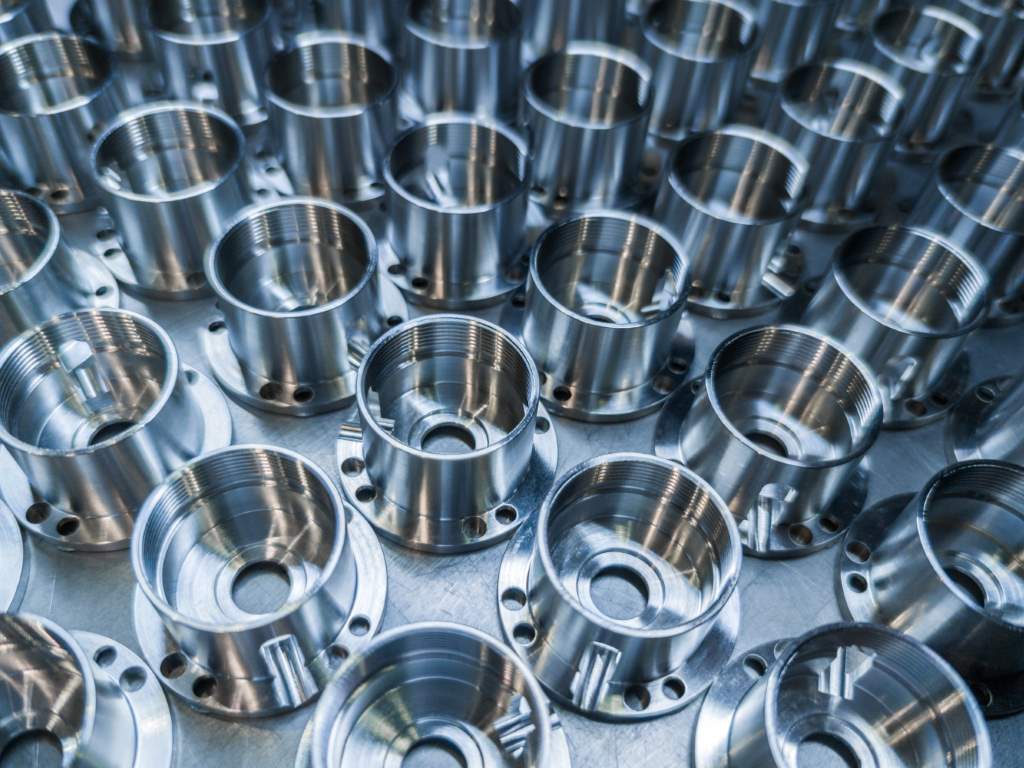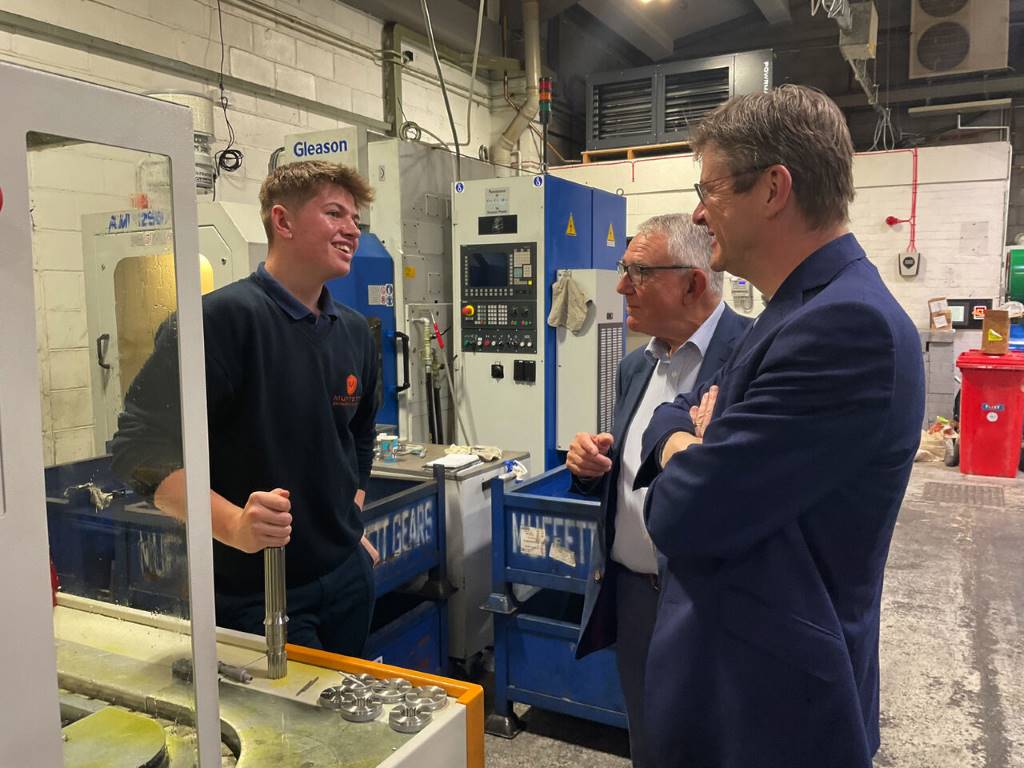A sound solution for speaker cabinet manufacture

Since the company’s formation in 1966, Bowers & Wilkins has established itself as a world leader in speaker manufacture and acoustics.
Since the company’s formation in 1966, Bowers & Wilkins has established itself as a world leader in speaker manufacture and acoustics.
The comprehensive range of speaker products manufactured by the company are highly regarded for their ability to bring sounds to the listener, exactly as they were recorded in the studio.
It would be natural to think that the majority of the effort would be driven towards the design and manufacture of the cone diaphragms on the front of a speaker, however at Bowers & Wilkins a significant amount of detail also goes into the manufacture of the speaker cabinet, which in some instances can represent the majority of the cost of the finished product.
The company’s reputation for innovation in product design and performance is now matched by the introduction of innovative automated manufacturing processes, including a number of Fanuc robot cells.

The acoustic excellence of Bowers & Wilkins speakers is matched by the leading-edge design of the company’s products and the immaculate aesthetic finishes achieved. Maintaining these standards requires consistency in all areas of manufacture and especially in the operations used to finish the outer surfaces of the speaker.
Multi-layered, laminated and formed speaker casings are processed initially using traditional CNC machines to produce speaker apertures and other features. The outer casings then have additional structural components added to produce a sub-assembly before being presented to one of the three Fanuc robot finishing cells.
Each of the three cells is used to sand and smooth the surface of the speaker cabinets using the combination of a Fanuc model M20iA/M20 Robot and interchangeable sanding heads. The repeatability of the robot, coupled with feedback from the robot force sensor, ensures that consistent pressure is applied to the cabinet surface by the orbital sanding head at all stages of the process.

Designed to deliver high levels of productivity, each cell has a two-position turntable unit, enabling the robot to work on one side, whilst on the other side, an operator removes a finished cabinet and re-loads the fixture with a new part to be processed. Light-guards are used to protect the operator during the loading and unloading operations. This concept, together with the speed and repeatability of the robot, has delivered a significant reduction in processing time when compared to the original manual process. Products that may have taken around one hour to finish by hand can be processed by the robot in under ten minutes.
An intuitive HMI unit is used to allow the operators to select one of seven different speaker models of varying dimensions, which can be handled by the system. The operator is also able to choose the finish for the particular product from the HMI panel. Once the robot has completed its cycle, and following inspection by the operator, any surface that may require additional processing can be selected individually to allow the robot to re-visit that area for rework.
Another key feature is the fact that the robot program paths are taught offline using Fanuc’s Roboguide software which allows new programs to be developed for additional product types, or existing programs to be modified without interrupting production on the system. Bowers & Wilkins engineers can add their speaker CAD files (IGIS) to the Roboguide cell and then use the ‘CAD to Path’ utility to offline program all of the robot paths. Once completed the programs can then be loaded to the robot.
The success of the current Fanuc robot finishing cells has triggered the purchase of a fourth system, currently under development at Fanuc, which will be used for final polishing applications.
Fanuc UK www.fanuc.eu
Bowers & Wilkins www.bowers-wilkins.co.uk












